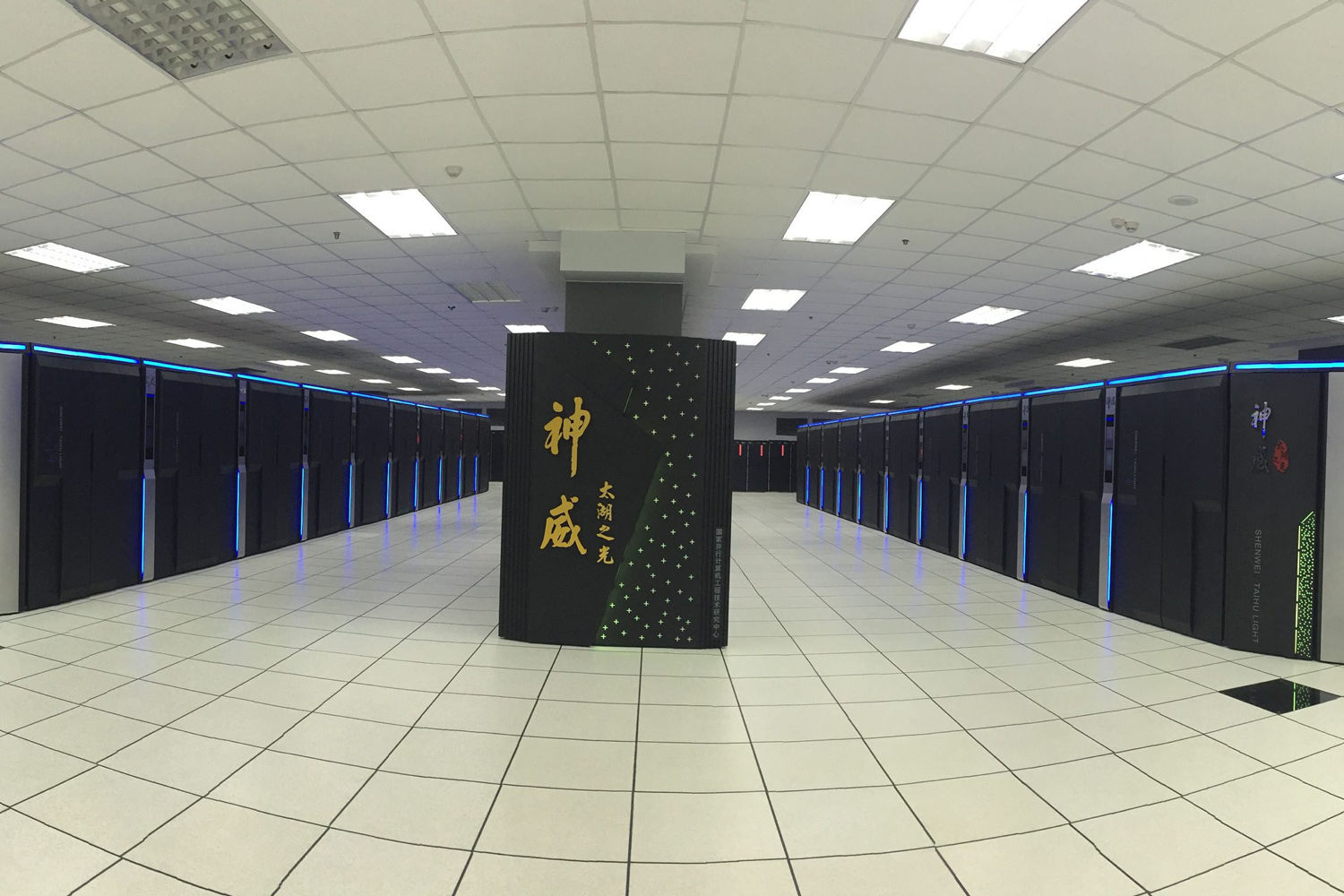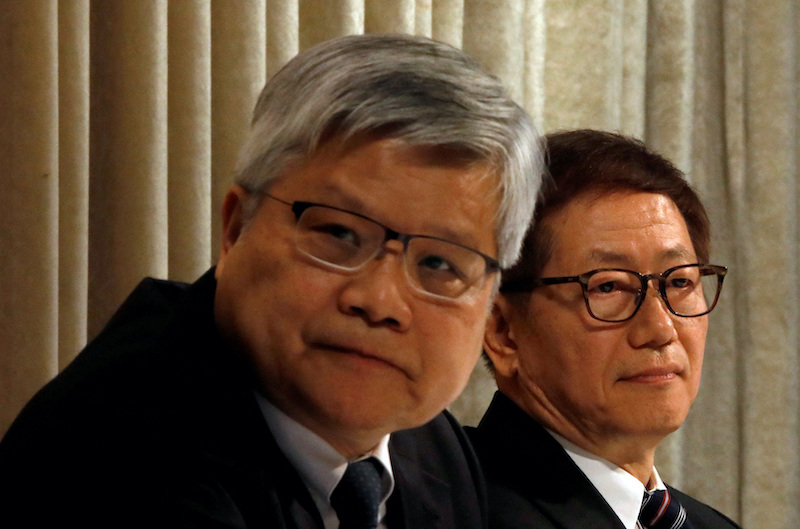(ATF) Washington has put China’s top supercomputing centres on a trade blacklist, saying they could have military applications that pose dangers to US national security.
The seven Chinese entities’ addition to the list means they require special permission for exports and imports from the US.
“Supercomputing capabilities are vital for the development of many – perhaps almost all – modern weapons and national security systems, such as nuclear weapons and hypersonic weapons,” US Commerce Secretary Gina Raimondo said in a statement.
The most prominent target is the National Supercomputing Centre (NSC) in Wuxi, home to the Sunway TaihuLight, which was considered the world’s fastest supercomputer when it went on line in 2016.
The other six entities targeted are the NSC facilities in Shenzhen, Jinan and Zhengzhou, Tianjin Phytium Information Technology, Shanghai High-Performance Integrated Circuit Design Centre and Shenzhen Sunway Microelectronics.
The move by Washington came after a report from The Washington Post that semiconductors manufactured by the Taiwan Semiconductor Manufacturing Company (TSMC) were being used by the Chinese military to test hypersonic missiles,
The Post’s report claimed that TSMC was providing chips to China’s Tianjin Phytium Information Technology, and that a Chinese military facility was using Phytium’s products to simulate heat and drag effects on hypersonic missiles.
But TSMC has denied supplying any products to be used by the Chinese military.
Taiwan’s Minister of Economic Affairs Ms Weng Mei-Hua said on Thursday that both TSMC and AIchip, a TSMC customer that supplies chips to Phytium, were in compliance with local and international regulations concerning the import and export of strategic hi-tech products.
Asked about the latest move, China’s Foreign Ministry spokesman Zhao Lijian said on Friday the country would take necessary measures to uphold the rights and interests of Chinese companies.
Meanwhile, radio frequency component maker Shenzhen Sunway Communication Co Ltd said in an exchange filing on Friday that it has carefully verified facts and believes that “Sunway Microelectronics” added to Washington’s blacklist is not the same as its wholly-owned subsidiary. The subsidiary in question does not have an official English name, but its Chinese name translates as “Shenzhen Sunway Microelectronics Co Ltd”.
Shenzhen-listed shares of Sunway Communications plunged by 4.78% Friday to 27.47 yuan ($4.20).
Analysts said the US decision is another move towards isolating Beijing. “The US government continues its paper cut approach to confronting China using targeted micro measures and trying to build alliances to isolate China,” said Sebastien Galy, a macroeconomic strategist at Nordea Asset Management in Luxembourg.
“This process of confrontation should gather momentum ahead of the [US] midterm election [in 2022],” he added.
The US Commerce Department under the former administration of Donald Trump added high-profile Chinese firms such as telecom giant Huawei Technologies, Semiconductor Manufacturing International Corporation (SMIC) and drone manufacturer DJI to its trade blacklist, citing national security concerns.
LAWSUIT DISMISSED
China has amassed by far the world’s greatest number of supercomputers, a growing field with implications for cloud computing, climate research and advanced mechanics, along with military research.
In other US-China technology news, a judge in California dismissed a lawsuit accusing search-engine giant Baidu of defrauding shareholders about its ability to comply with Beijing’s regulations governing internet content.
District Judge Lucy Koh rejected claims in the proposed class action that 12 statements that Baidu made from March 2019 to March 2020 were false and misleading and inflated the company’s share price.
The statements said Baidu had “cleaned up” harmful or questionable content such as material related to drugs, gambling and pornography, giving users more confidence and potentially boosting online traffic and revenue.
Koh found no proof of an intent to defraud, after plaintiff Roger Ikeda argued that senior Baidu executives concealed compliance shortfalls to avoid fines and suspensions from the Chinese government.
With reporting by Agence France-Presse and Reuters
























